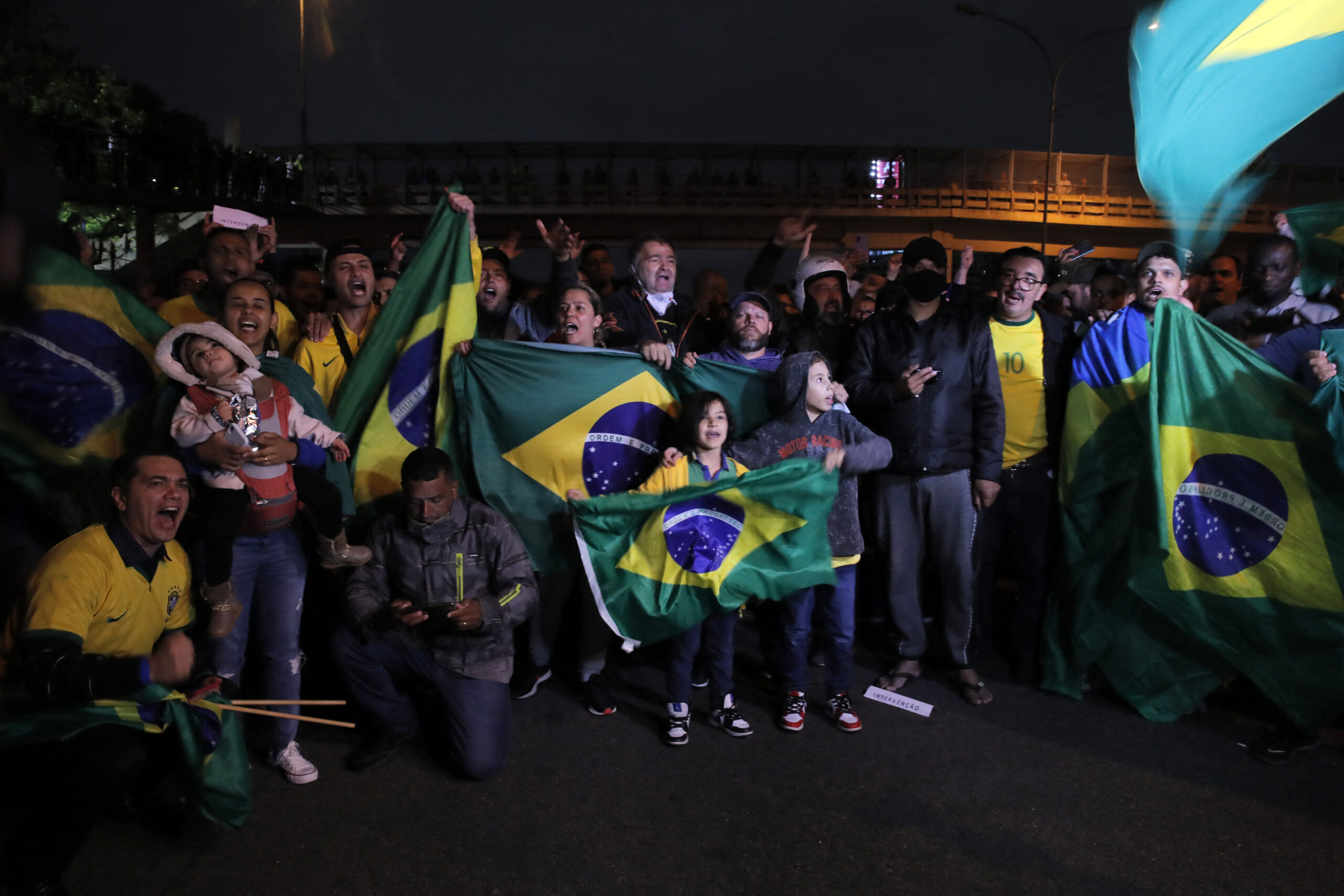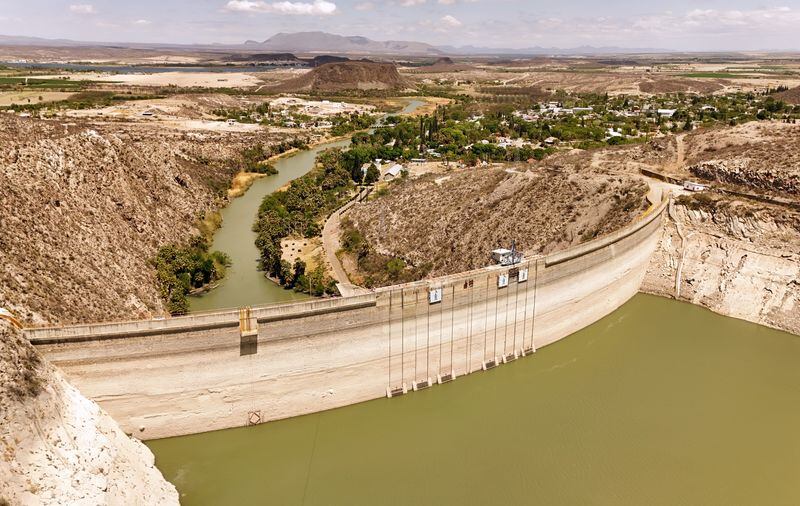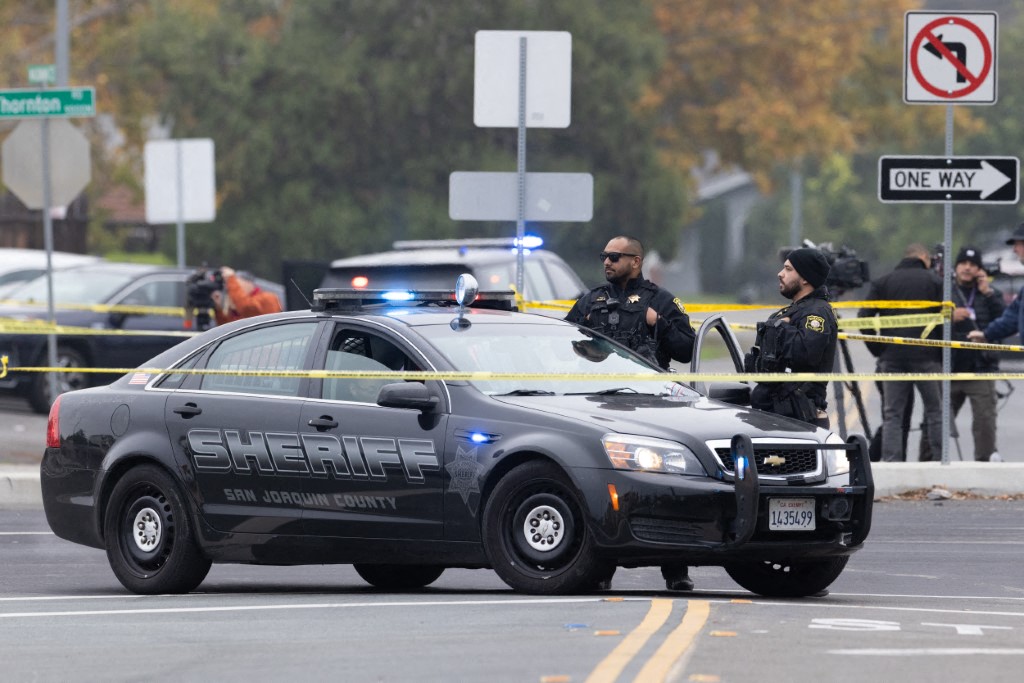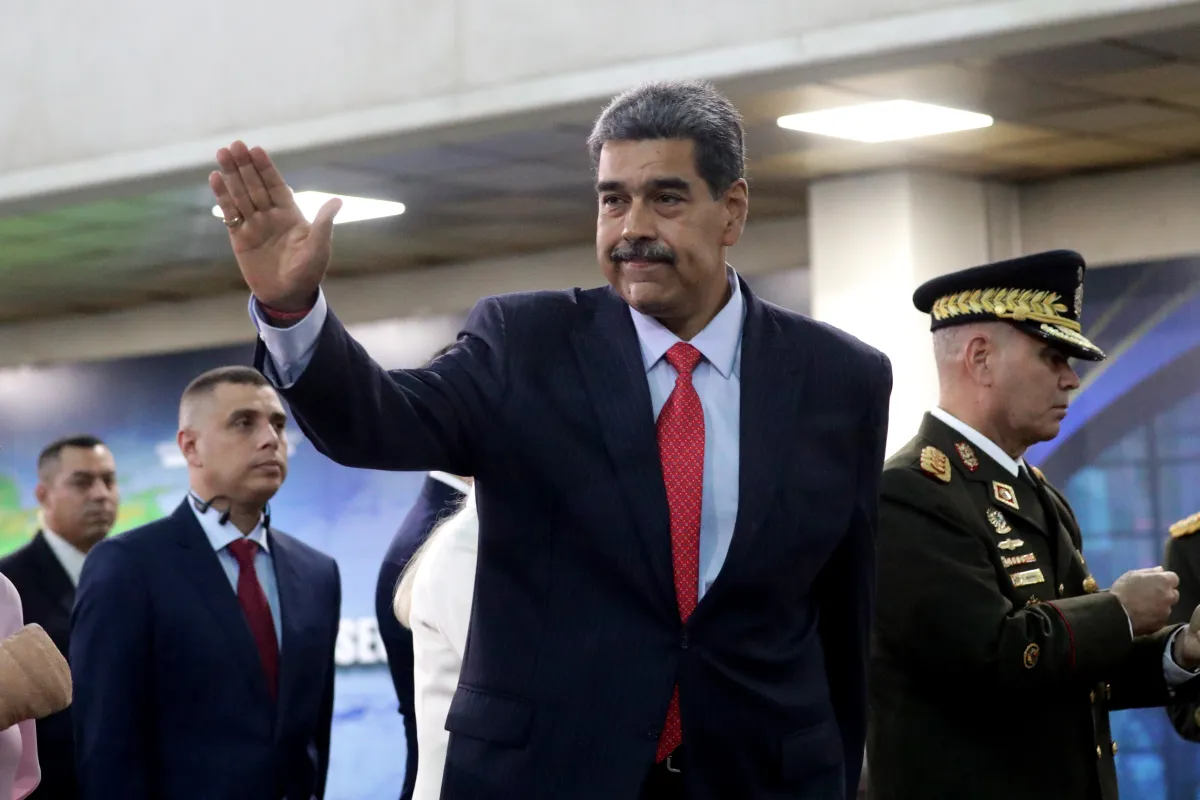International
Protests wane in Brazil, but diehards stand by Bolsonaro

| By AFP | Luján Scarpinelli y Florian Plaucheur en Rio de Janeiro |
Protests in deeply polarized Brazil have dwindled since presidential elections nearly two weeks ago but some hard-core supporters of President Jair Bolsonaro remain in the streets.
A retired metalworker, Jose Carlos Flamino, stood at his encampment on Friday near a military barracks in Sao Paulo and vowed to remain “as long as is necessary.”
He still doesn’t accept that Luiz Inacio Lula da Silva, a leftist former president who squeaked out a 50.9 percent victory over Bolsonaro’s 49.1 percent in the October 30 vote, won fairly and squarely.
“The balloting that gave victory to Lula is not reliable,” said Flamino, 53, demanding the military overturn the vote.
He’s not alone. Other diehard Bolsonaro supporters are camped out with him at the Sao Paulo garrison and at military barracks across Brazil.
Bolsonaro, a retired army captain, “was a victim of an injustice but we are fighting here for the fatherland,” said Aguinaldo Coimbro, a 52-year-old market analyst, a Brazilian flag draped over his shoulders.
About 100 people with him outside the Sao Paulo military base chanted, “SOS, armed forces,” and called on the military to “save Brazil.”
Most wore green and yellow clothing, the colors of the national flag that has turned into a symbol for Bolsonaro followers.
“Brazil didn’t elect anyone. The people don’t accept this. We don’t want to become Venezuela. Our freedom doesn’t have a price,” said Lena Pasqualini, 62, a jewelry saleswoman resting at a support center with donated food for the protesters.
At a temporary encampment of protesters next to the central Duque de Caxias garrison in Rio de Janeiro, around 100 people remained on Friday morning, down from several thousand in the days after the October 30 runoff election.
Even as demonstrations melt to only a few dozen people, protesters insist they represent multitudes.
The election “was stolen, and that’s why all of Brazil is in the streets,” said Paulo Campelo, 70, a retired soldier.
“We want the army to eliminate those bastards who want to authenticate the fraudulent elections,” Campelo added.
Lula: ‘One wins, one loses’
The Armed Forces said Friday in a statement that “the solution to possible controversies… must make use of the legal instruments of the democratic rule of law.”
Protesters assert that a “fraud” was perpetrated with the electronic ballot box system, used in Brazil since 1996, and questioned without proof by Bolsonaro.
Numerous international observers and a report by the Armed Forces themselves released on Wednesday fully dispute that allegation.
Lula on Thursday appealed to the “minority in the streets” to go home.
“Democracy is that, one wins, one loses,” the president-elect said. “How many times have I cried because I lost?”
Bolsonaro, who has not openly acknowledged his defeat and has practically disappeared from public life for more than a week, asked his supporters to take down hundreds of roadblocks they threw up after the vote, but supported protests elsewhere.
On Friday Brazilian roads were completely back to normal, the Federal Highway Police told AFP.
International
U.S. and Mexico Reach Deal to Address Water Deficit Under 1944 Treaty

The United States and Mexico have reached an agreement to comply with current water obligations affecting U.S. farmers and ranchers and for Mexico to cover its water deficit to Texas under the 1944 Water Treaty, the U.S. Department of Agriculture said in a statement.
The department уточified that the agreement applies to both the current cycle and the water deficit from the previous cycle.
On Monday, U.S. President Donald Trump accused Mexico of failing to comply with the water-sharing treaty between the two countries, which requires the United States to deliver 1.85 billion cubic meters of water from the Colorado River, while Mexico must supply 432 million cubic meters from the Rio Grande.
Mexico is behind on its commitments. According to Washington, the country has accumulated a deficit of more than one billion cubic meters of water over the past five years.
“This violation is severely harming our beautiful crops and our livestock in Texas,” Trump wrote on Monday.
The Department of Agriculture said on Friday that Mexico had agreed to supply 250 million cubic meters of water starting next week and to work toward closing the shortfall.
Agriculture Secretary Brooke Rollins, quoted in the statement, said Mexico delivered more water in a single year than it had over the previous four years combined.
Trump has said that if Mexico continues to fall short of its obligations, the United States reserves the right to impose 5% tariffs on imported Mexican products.
Mexico’s Deputy Foreign Minister for North America, Roberto Velasco, said that a severe drought in 2022 and 2023prevented the country from meeting its commitments.
International
Several people shot in attack on Brown University campus

Several people were shot on Saturday in an attack on the campus of Brown University, in the northeastern United States, local police reported.
“Shelter in place and avoid the area until further notice,” the Providence Police Department urged in a post on X. Brown University is located in Providence, the capital of the state of Rhode Island.
U.S. President Donald Trump said on his social media platform Truth Social that he had been briefed on the situation and that the FBI was on the scene.
At 5:52 p.m. local time (11:52 p.m. GMT), Brown University said the situation was still “ongoing” and instructed students to remain sheltered until further notice.
After initially stating that the suspect had been taken into custody, Trump later posted a second message clarifying that local police had walked back that information. “The suspect has NOT been apprehended,” the U.S. president said.
International
Colombia says it would not reject Maduro asylum request as regional tensions escalate

The Colombian government stated on Thursday that it would have no reason to reject a potential asylum request from Venezuelan President Nicolás Maduro should he leave office, as regional tensions persist over the deployment of U.S. military forces in the Caribbean since August.
“In the current climate of tension, negotiations are necessary, and if the United States demands a transition or political change, that is something to be assessed. If such a transition results in him (Maduro) needing to live elsewhere or seek protection, Colombia would have no reason to deny it,” said Colombian Foreign Minister Rosa Villavicencio in an interview with Caracol Radio.
However, Villavicencio noted that it is unlikely Maduro would choose Colombia as a refuge. “I believe he would opt for someplace more distant and calmer,” she added.
Colombian President Gustavo Petro also commented on Venezuela’s situation on Wednesday, arguing that the country needs a “democratic revolution” rather than “inefficient repression.” His remarks followed the recent detention and passport cancellation of Cardinal Baltazar Porras at the Caracas airport.
“The Maduro government must understand that responding to external aggression requires more than military preparations; it requires a democratic revolution. A country is defended with more democracy, not more inefficient repression,” Petro wrote on X (formerly Twitter), in a rare public criticism of the Venezuelan leader.
Petro also called for a general amnesty for political opponents and reiterated his call for forming a broad transitional government to address Venezuela’s prolonged crisis.
Since September, U.S. military forces have destroyed more than 20 vessels allegedly carrying drugs in Caribbean and Pacific waters near Venezuela and Colombia, resulting in over 80 deaths.
U.S. President Donald Trump has repeatedly warned that attacks “inside Venezuela” will begin “soon,” while Maduro has urged Venezuelans to prepare for what he describes as an impending external aggression.
-

 International4 days ago
International4 days agoWashington declares State of Emergency as atmospheric river brings severe flooding
-

 International4 days ago
International4 days agoU.S. to require five-year social media history from tourists under Visa Waiver Program
-

 International3 days ago
International3 days agoCuba battles out-of-control dengue and chikungunya epidemic as death toll rises to 44
-

 Central America3 days ago
Central America3 days agoHonduras election crisis deepens as CNE president denounces intimidation attempts
-

 Central America4 days ago
Central America4 days agoOAS and EU urge honduran political actors to respect vote results and avoid unrest
-

 International3 days ago
International3 days agoColombia says it would not reject Maduro asylum request as regional tensions escalate
-

 International2 days ago
International2 days agoSeveral people shot in attack on Brown University campus
-

 International3 days ago
International3 days agoEcuador on track for record violence as homicides hit highest level in Latin America again
-

 International4 days ago
International4 days agoSix ecuadorian soldiers jailed pending trial for alleged extrajudicial execution
-

 International2 days ago
International2 days agoU.S. and Mexico Reach Deal to Address Water Deficit Under 1944 Treaty
-

 Central America12 hours ago
Central America12 hours agoPanama seizes over three tons of drugs hidden in Caribbean port container


























